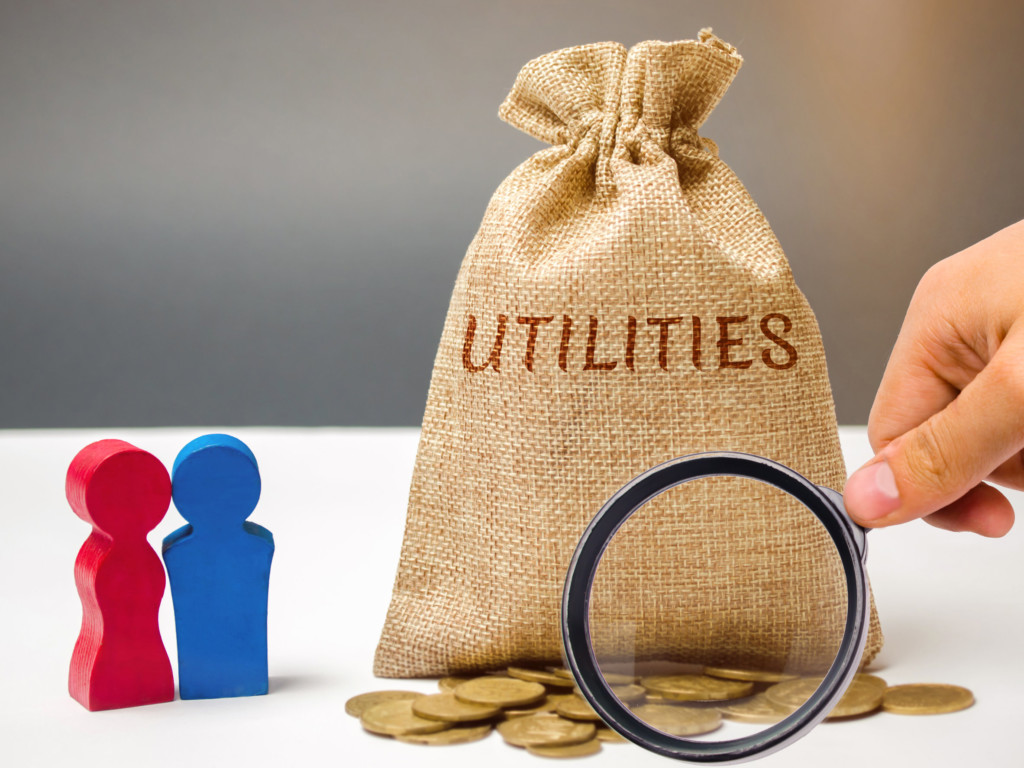At any one park, there’s multiple utility systems. They’re all usually pretty straightforward. They are generally billed right from the municipality to the tenant. Take the park’s electrical system. As a buyer, you first must ask: does the municipality own the electrical system, or does the landlord? If it’s the municipality, they’ll have a meter on the unit that reads the kilowatts per hour in use to help with billing.
Most of the time, if not all the time, repairs fall on the shoulders of the municipality, up to the meter. But, from the meter to the unit, the landlord takes on responsibility for the maintenance. Less frequent are private electrical utilities systems. We’re talking around 10% of the time. But in these rare moments, the electrical system gets extremely complicated. The question becomes greater than “is it compliant?” or “does it work?”.
The Internal Effects Of The Electrical System
From there, the park’s interior will have its own set of concerns. You want to make sure everything is working, with modern boxes and breakers. You’ll also want any old aluminum lines taken out and revamped.
You’ll still need to inspect it. You should even consider having an electrician come out to survey things from the meter to the unit. You can never have too much coverage!
Water Systems
Water systems are imperative in your park. This determines the safety of the water, among other things. It can often get complicated as a result of the wide range of possible solutions for it. There’s both private, and public outlets. The public option means the municipality provides water to the park, billing either the tenant or landlord directly.
As a landlord, you can even sub-meter the park and pass the expense through to the tenants via a bill back. This can be by consumption, flat fee, or whatever system they choose. Still, the time and effort is worth it, as running water is more than a necessity.
Utility Maintenance For Water
If a landlord handles repairs and maintenance on water, it’s imperative to review the park’s lines. If you have galvanized steel lines, know that they’re less desirable, though they’ll likely still get the job done if they’re not too old and leaky. Some of the more modern tubing like PVC is made of a white plastic compound that can also be prone to leaks if its aged or installed incorrectly. As such, Pex tubing (also plastic) seems to be the most recommended option here.
To help understand how much water is being used by tenants, or to figure out where leaks are, you can install a new sub-meter as a preventative measure. Meters can range from less than $100 each to north of $500 with all the bells and whistles. And the more units you have, the more this figure will begin to add up. Still, it’s a better choice than using some of those older model meters that may be reading incorrectly or not metering the units at all. The newest more expensive meters are typically self read and can notify you when a leak happens.
Navigating Utilities With The MHP Expert
When considering private water systems, like a well, you’ll have to deal with the municipality to make sure all is in compliance. Depending on where the park is located, utilities systems inspections can reoccur on a quarterly. monthly, weekly, or even daily basis. These are the kinds of efforts that need a third party to help with inspections.


